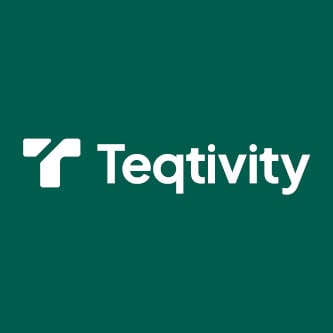Dive Brief:
- The Financial Accounting Standards Board is adding a project to its high-priority technical agenda that is poised to set new accounting requirements for how banks must report their statements of cash flow.
- The proposed changes to standards that underpin Generally Accepted Accounting Principles would include a requirement that would make banks disclose cash interest received on the statements, as they already do for cash interest paid, effectively providing a “single-number” at the bottom of the cash flow statement, according to FASB meeting materials.
- Financial institutions’ SOCF would also be required to: include additional line items reflecting an entity’s core operations, reclassify certain cash flow activities from investing and financing to operating, and include a subtotal within the operating section for net interest income-related adjustments.
Dive Insight:
The plan to develop new guidelines with regard to bank’s statements of cash flow is the latest add to the FASB’s agenda.
It follows on the heels of a project that will develop new standards for government grants that was added earlier this month and the recently finalized standards that establish fair value as the method for accounting for certain crypto assets.
The U.S. accounting standards setter, which has drawn scorn from some critics who say it has been too slow to adjust standards, has taken on a wide range of new projects to update rules since undertaking a 2021 agenda consultation process in which it pushed to get feedback on what changes stakeholders wanted.
In a meeting last week at which the FASB voted on the cash flow matter, the board members debated whether the changes to cash flow statements should apply to a broader range of companies beyond banks, such as conglomerates who may have a financial arm, insurers, and other entities.
FASB Chair Richard Jones, who has emphasized the need to keep project scopes narrow to make sure goals are achievable, said that the FASB will first move to change standards for financial institutions before considering expanding the rules.
It is unusual, he said that the current cash flow rules apply across so many industries. “When you think about it, we don't require a single format for balance sheets, we don’t make financial institutions do classified balance sheets, and we don’t have a single format for income statements,” Jones said. “But we’ve stuck, for over 30 years, with a single format for the statement of cash flows, as if there is no variance by industry for them. And I think, at the end of the day, there is.”
Frederick Cannon, a FASB member, also underscored the need for the changes at the meeting, noting that the new requirements are particularly appropriate in the case of banks given that their “business is cash.” As a former bank analyst, Cannon said he knew it was helpful for analysts to have more information on an institution’s cash net interest income because that number can change depending on the interest rate.
FASB Vice Chair James Kroeker also spoke out at the meeting regarding his reservations about expanding the scope of the entities that the new standards would apply to beyond banks. A broader project could draw push back that would lead it to get bogged down, he said. “We’re likely to get as much annoyance as we would the view that we’re making improvements,” Kroeker said.














